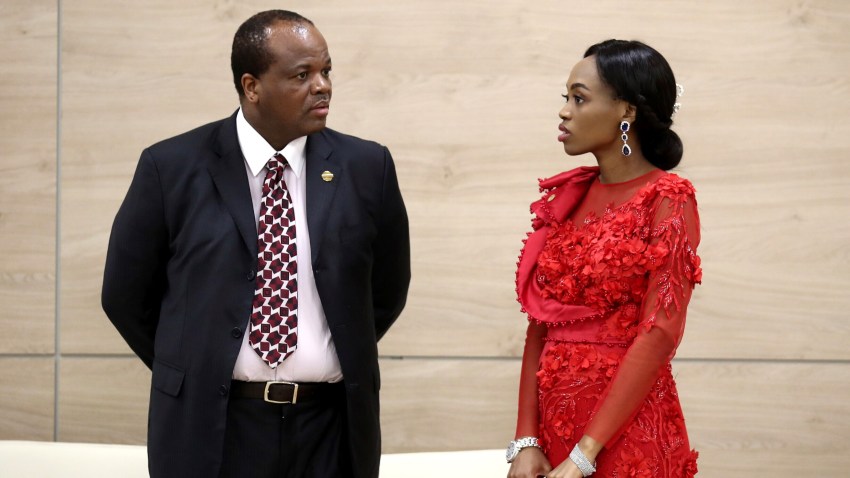As far as the opposition is concerned, calls for a dialogue are a stalling tactic, and the king’s role as head of both the police and army disqualify him from leading any dialogue aimed at peace and reform. “Traditional structures have failed to moderate or call the king to order,” a group of opposition political parties said in a recent joint statement. “It will therefore be futile to resort to these weak structures to manage national dialogue under the chairmanship of the king.” As trust in the regime erodes, the government of Eswatini’s claim that it is already a democracy with an elected Parliament rings hollow. The lower house of Parliament is indeed elected, but candidates cannot join political parties, and legislative dissent is nearly impossible to organize. In addition, Cabinet ministers are appointed by the king. The two pro-democracy MPs who were arrested in July are still being held on charges related to terrorism and contravening COVID-19 restrictions, but their real crime was calling for Parliament to elect the country’s prime minister. Meanwhile, freedom of expression and assembly have been severely curtailed. The government banned protests in late October, and access to Facebook has been suspended. Students, regardless of their involvement in the pro-democracy movement, are being pressured by the government to sign statements promising not to participate in protests. With the king and the opposition at loggerheads, attention has focused on the role the SADC might play in diffusing the situation. The SADC’s mandate to act as a mediator for internal disputes in the region gives it the ability to intervene. But the organization has recently come under fire for its anemic reaction to the ongoing security crisis in northern Mozambique and an initial response to Eswatini’s summer protests that was widely seen as feckless. Ramaphosa, the current chairperson of the SADC’s Organ for Politics, Defense and Security, has an opportunity to score a rare win for the regional bloc by moderating negotiations and guaranteeing the fulfilment of any agreement. Ensuring that the national dialogue happens is a good first step, but the opposition will be seeking an end to the violent suppression of protests and a path to political reforms. Some in the opposition have gone so far as to demand the SADC deploy peacekeepers to separate protesters from security forces, but the regional bloc is unlikely to take such a dramatic step unless the security situation deteriorates further. Even so, it will need to find other ways to pressure the king, given his reluctance thus far to begin a national dialogue. If Mswati refuses to deliver meaningful reforms while continuing to viciously suppress the protests, then it’s hard to see an end to the cycle of protests and crackdowns. A lethargic national dialogue where one side is not committed to addressing grievances will only be met with more frustration. Even if the monarchy manages to quell this wave of unrest, those seeking reform are unlikely to be satisfied until Eswatini undergoes fundamental political change.Even if the king manages to quell this wave of unrest, those seeking reform are unlikely to be satisfied until Eswatini undergoes fundamental political change.
Marcel Plichta is a doctoral candidate in international relations at the University of St. Andrews and a former analyst for the U.S. Department of Defense. He has previously written on sub-Saharan African security issues and U.S.-Africa policy for Defense One and Geopolitical Monitor. All views expressed are his own.

